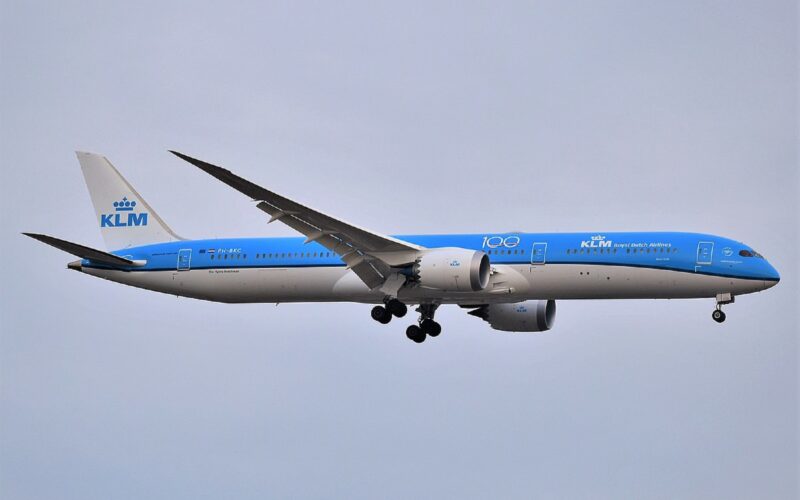A KLM Boeing 787-10 Dreamliner was forced to abort takeoff when an LOT Polish Airlines 787-9 failed to clear the runway after landing at Toronto Pearson International Airport (YYZ) in Canada.
Details of the incident were released in a report by the Transportation Safety Board of Canada (TSB) on April 10, 2024, as viewed by aviation website Flight Global.
According to the report, the incident happened shortly before 21:10 local time on March 22, 2024, when the KLM 787-10 was accelerating down the runway at over 200km/h (110kt).
The KLM aircraft registered (registered PH-BKC) had been cleared for takeoff on runway 6L after the LOT 787-9 (registered SP-LSB) had landed on the same runway and was at taxiway C5 to exit.
As the KLM jet proceeded down the runway, it became clear to air traffic control (ATC) that, instead of exiting the runway at taxiway C5, the LOT flight crew had continued further down to taxiway C7.
With the LOT aircraft still on the runway, the KLM crew were alerted by ATC. The crew then reduced the aircraft’s speed and eventually taxied off the runway.
According to the TSB’s report, the two passenger planes came within 5,400ft (1,646m) of each other.
Close calls and near misses
The news of this incident comes at a time when a string of aviation near misses and close calls are being reported across the world. Many blame a lack of air traffic controllers for the problem, particularly in the United States (US).
On November 9, 2023, a US subcommittee met to hear evidence from aviation experts about the spike in aircraft close calls at US airports in the preceding year.
The Senate committee was told that a shortage of air traffic controllers (ATCs) has led to a number of issues that have affected aviation safety.
“We have cited staffing shortages, which lead to scheduling issues, fatigue, lack of or deficient supervisory oversight, distraction, ineffective scanning and the need for value-added training,” Sen. Cantwell, Chair of the Commerce Committee, said.

